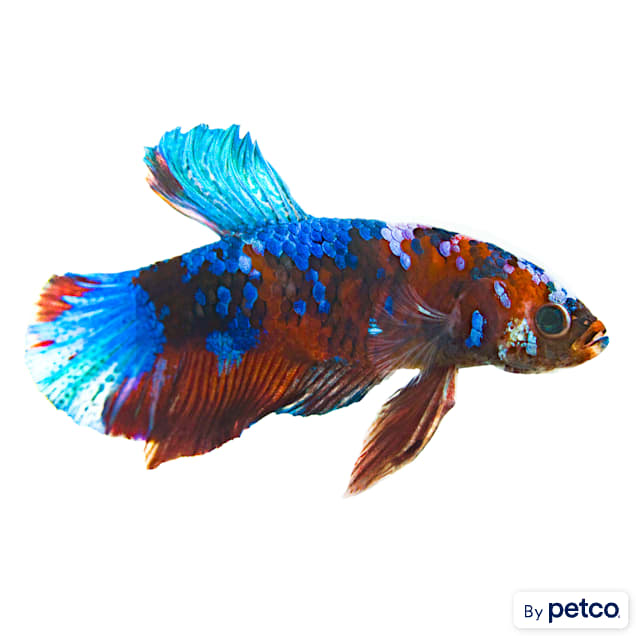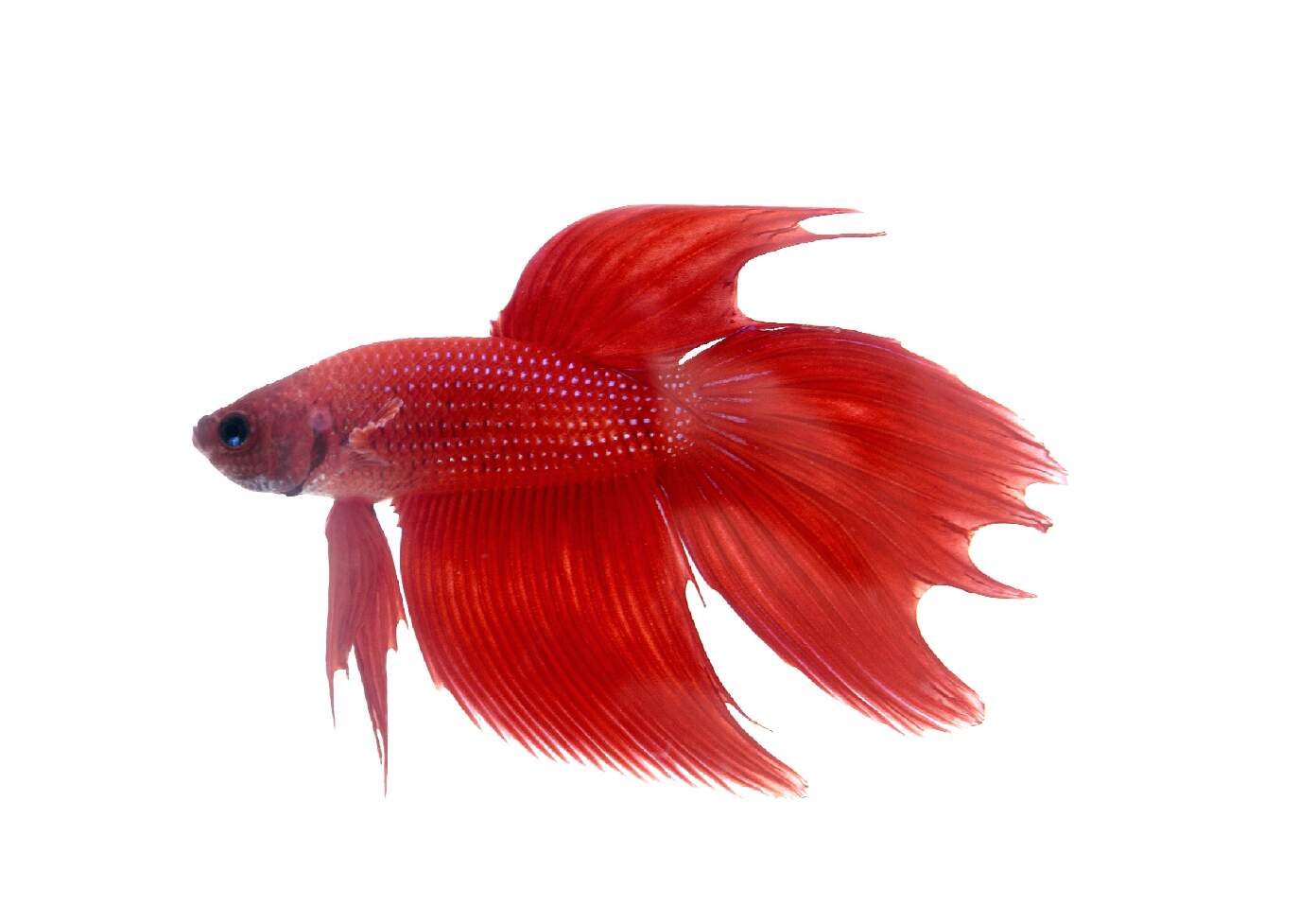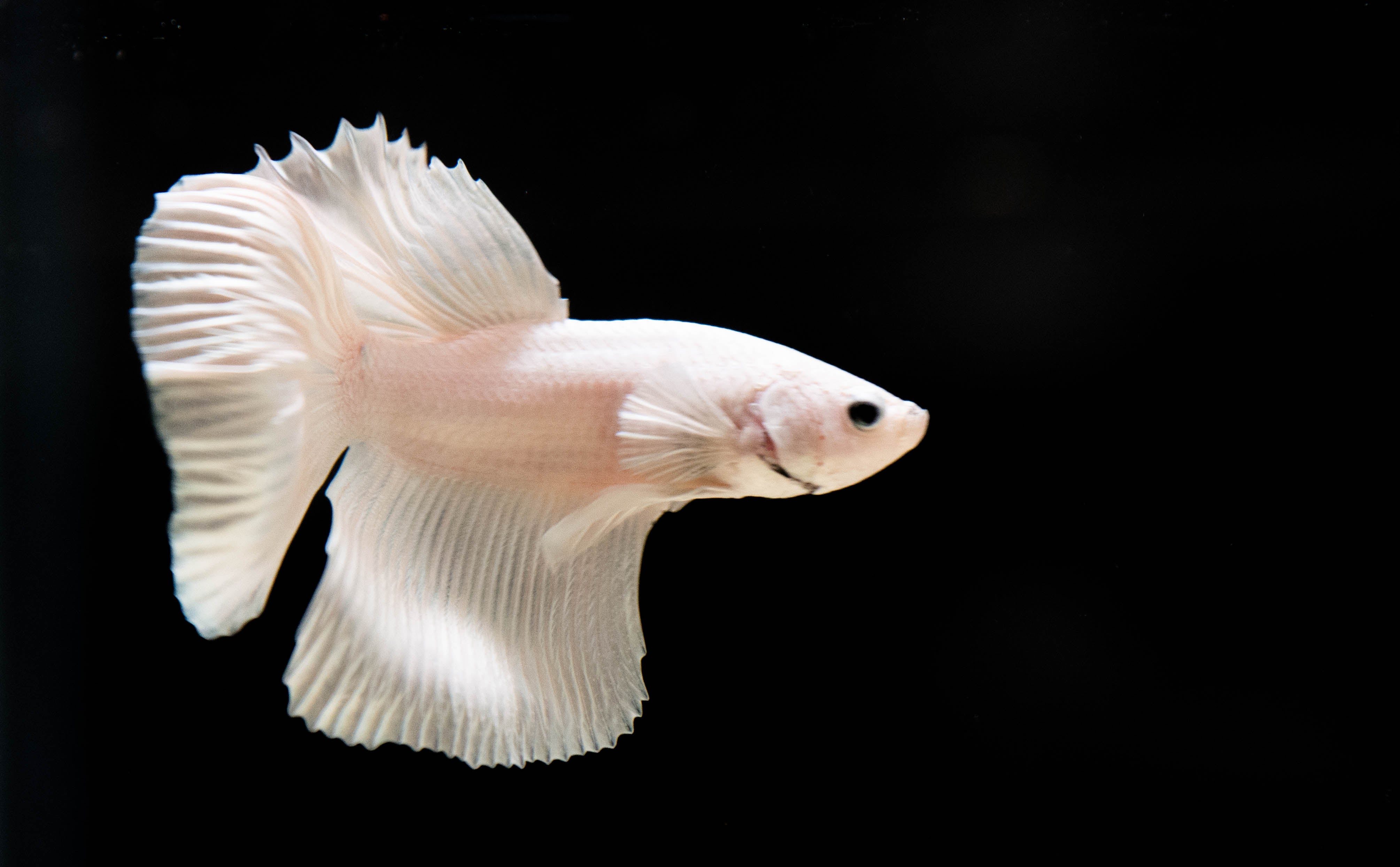The Ultimate Guide to Betta Fish Treatment: Crucial Tips for Maintaining a Healthy and Flourishing Aquarium Atmosphere
Efficient Betta fish care requires a detailed understanding of their one-of-a-kind ecological and physical demands. Developing an ideal fish tank starts with choosing the right container dimension and guaranteeing optimum water problems, which are essential for the health and wellness and wellness of your Betta. Comprehending proper feeding methods and creating a helpful environment can considerably impact your fish's vigor and habits. As you think about these foundational facets, it ends up being clear that maintaining a growing fish tank atmosphere requires focus to detail and ongoing commitment. What particular strategies will you apply to improve your Betta's quality of life?
Selecting the Right Storage Tank
Choosing the appropriate storage tank for your Betta fish is critical to ensuring its health and wellness and health. Bettas prosper in settings that imitate their all-natural environments, which typically consist of tranquility, warm waters. A storage tank dimension of at the very least 5 gallons is recommended to offer ample swimming space, as smaller storage tanks can cause stress and wellness issues for these dynamic fish.
When selecting a container, take into consideration the tank's shape and filtering system. A rectangular tank is preferable to a dish, as it uses extra surface for oxygen exchange. Additionally, a trusted purification system is important to maintain water quality and reduce the frequency of water changes (betta fish). However, it's essential to choose a filter with a mild circulation, as Bettas are not strong swimmers and might resist strong currents.
Temperature guideline is one more key factor; Bettas favor water temperature levels between 76 ° F and 82 ° F. Investing in a great heater will certainly make certain that the water stays within this range, promoting a healthy and energetic way of life for your Betta. Lastly, supplying suitable tank decors and concealing spots will certainly help in reducing anxiety and motivate natural habits, further boosting your Betta's well-being.
Keeping Water Top Quality
Keeping optimum water quality is important for the wellness and longevity of Betta fish. This requires routine tracking of numerous specifications, consisting of temperature, pH, ammonia, nitrite, and nitrate levels.
The pH level must preferably drop in between 6.5 and 7.5. Normal screening using a trusted water testing kit can help make sure these criteria continue to be within the appropriate ranges. Ammonia and nitrite levels ought to always go to 0 ppm, as even reduced concentrations can be poisonous to Betta fish. Nitrate degrees need to be maintained under 20 ppm to stop long-term health problems.
Routine water modifications are important to maintaining water quality. It is advised to alter 25-50% of the tank water weekly, depending on the storage tank dimension and equipping levels. Making use of a premium water conditioner can assist eliminate hazardous chemicals from tap water, making certain a secure environment. Furthermore, incorporating a durable filtering system can assist in maintaining water clearness and quality, supplying a healthier habitat for your Betta fish.
Suitable Feeding Practices
Offering a well balanced diet is crucial view website for the wellness and vibrant pigmentation of Betta fish, as their nutritional requirements play a considerable duty in their general wellness. Betta fish are carnivorous by nature, calling for a diet plan high in healthy protein. A combination of high-quality pellets, icy or online foods such as bloodworms, salt water shrimp, and daphnia can provide the necessary nutrients they need.
Feed your Betta fish a couple of times a day, using only what they can consume within a couple of mins to stop overfeeding and keep water quality. Overfeeding can result in excessive weight and health issues, consisting of swim bladder condition. It is necessary to check their dietary intake and readjust part sizes as necessary.
Along with protein, a balanced diet plan should include minerals and vitamins to advertise optimum health. Take into consideration supplementing their diet with top notch flakes or pellets great post to read especially created for Betta fish, as these often include needed ingredients.

Developing an Appropriate Habitat

Water quality is paramount; preserve a temperature level in between 76 ° F and 82 ° F, and ensure the pH level varies from 6 - betta fish.5 to 7.5. Regular water changes of 25-50% each week will help keep contaminants away and guarantee a stable atmosphere
Incorporating plants and hiding areas is crucial, as Betta fish are normally territorial and enjoy having areas to check out and pull back. Live or silk plants, in addition to caverns and official site accessories, can create a stimulating environment.

Normal Health And Wellness Checkups
Conducting normal health check-ups is vital for making certain the wellness of Betta fish, as very early detection of possible concerns can avoid major wellness issues. These checkups must encompass a detailed evaluation of the fish's physical problem, behavior, and ecological factors.
Begin by observing the Betta fish for any type of indicators of distress, such as lethargy, loss of cravings, or uncommon swimming patterns. Additionally, inspect the fins and body for indicators of discoloration, sores, or fin rot, which can suggest infections or parasites. Routinely checking the water high quality in the fish tank is equally critical; specifications such as pH, ammonia, nitrite, and nitrate degrees should be preserved within optimal ranges to stop stress and ailment.
Moreover, think about preserving a log of health observations and water high quality tests. This document can help with the identification of trends or repeating problems. If any kind of problems are discovered throughout the examination, it is vital to consult a vet experienced in marine pets. Timely intervention can make a significant difference in the recuperation of your Betta fish, making certain a long and healthy and balanced life in a well-kept fish tank setting.
Conclusion
Finally, effective Betta fish treatment depends upon developing and preserving an optimum aquarium environment. Key aspects consist of picking a suitably sized tank, guaranteeing consistent water quality, sticking to perfect feeding methods, and creating a habitat that decreases tension. Normal health checkups are crucial for very early discovery of prospective concerns. By adhering to these guidelines, aquarists can promote the wellness and vibrancy of Betta fish, ultimately causing a flourishing marine ecological community.
Comments on “Just how to Pick the Right Betta Fish for Your Fish tank”